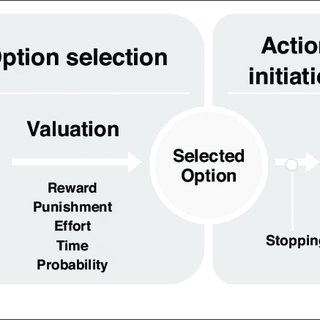These symptoms, caused by the death of neurons in one part of the brain, usually appear even before memory problems occur.
Researchers at the Indiana University School of Medicine (USA) have for the first time uncovered the molecular mechanism underlying the neuropsychiatric symptoms that very often precede the decline in intelligence in Alzheimer’s disease. We are talking about the loss of motivation, apathy, anxiety, sudden mood swings and increased irritability.
The scientists focused on the nucleus accumbens, a region of the brain that plays a key role in the reward system. It is from the nucleus accumbens that the reaction to motivating information depends.
Researchers have found that Alzheimer’s patients have receptors in the nucleus accumbens that allow calcium to enter neurons. Normally, there should not be such receptors in the nucleus accumbens. An excess of calcium leads to the death of neurons and the loss of synaptic connections between them, which causes characteristic neuropsychiatric symptoms.
Based on this, scientists suggest that targeted blocking of calcium receptors in the nucleus accumbens may prevent or delay the onset of Alzheimer’s disease.
Một nguồn:










